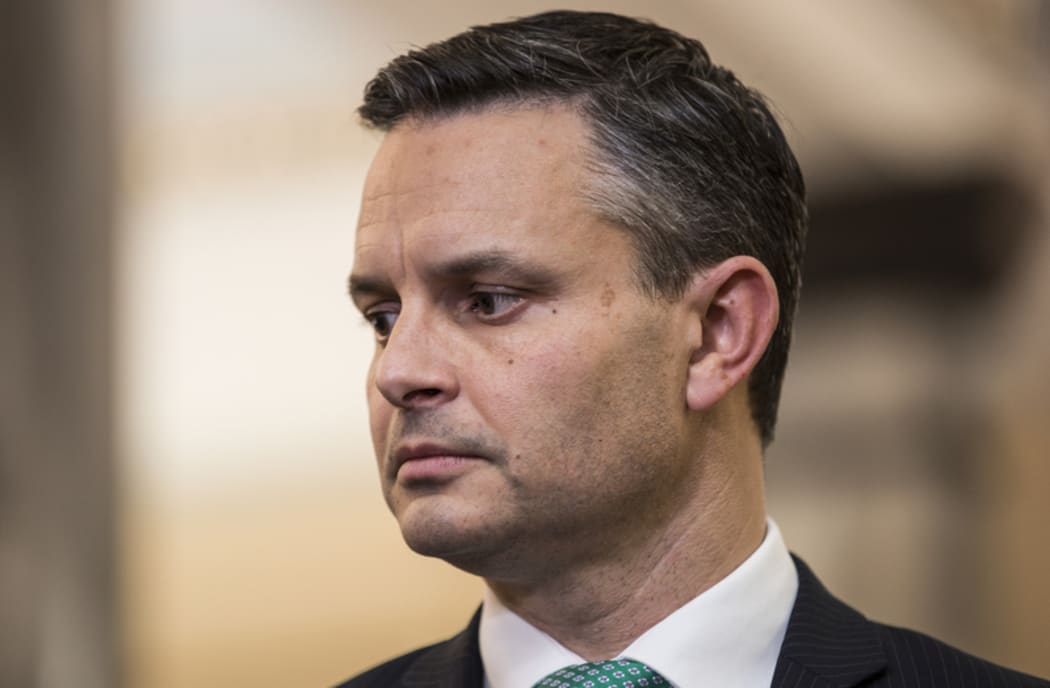Three weeks ago, Metiria Turei rolled the dice with nothing less at stake than all the gains the Greens had made in recent elections - from a 5-6 percent party to a 10-12 percent party.
Frustration at their inability to get into government and Labour's stumbling performance over the last three years saw the Greens opt for the high-risk high-reward strategy. But was it a naive strategy, and how well was it implemented?

Green Party co-leader Metiria Turei resigned as co-leader after weeks of pressure over her admission of lying to Work and Income in the 1990s so her benefit would not be cut. Photo: rnz
First, Turei attacked Winston Peters as racist. Then, in the second act on 16 July, she revealed that she had lied to Work and Income about her living circumstances when she was a solo mum in the 1990s. She admitted then that the confession put her own career and the party at risk. It turned out to be a prophetic statement, not that it played out that way at first.
Her revelation, along with Labour's messed-up intern scheme, saw the Greens leap in the polls, and Labour slump.
The Greens were delighted; although taking votes off Labour was doing nothing to change the government, as per the party's mission statement, it was maximising its votes and strengthening its hand.
But the dice hasn't stopped rolling. Labour's slump prompted a leadership spill and ushered in the Jacinda Effect. Worse for the Greens, Turei's story of having to lie to support her child was found to have new fish hooks - such as that she had, in a fit of youthful hijinks, committed what could be called electoral fraud.
Then it became clear some Green MPs - Kennedy Graham and Dave Clendon - didn't like Turei's refusal to condemn other beneficiaries today for doing what she did herself in the past. The stench of disunity was coming off the party, and new polls yesterday and today showed the party's support plummet back into single digits, while Labour roared into the mid-30s - the minimum of where they need to be to lead a new government.
Inadvertently, ironically, and at the cost of her own political career and her party's reputation for taking the high moral ground, Turei has breathed new life into Labour and done more to change the government than she probably dared hope. It's just not happened the way she would have wanted to.

Greens co-leader James Shaw Photo: RNZ / Rebekah Parsons-King
In this week's episode - with me, Guyon Espiner and Lisa Owen - we discuss this intense week in New Zealand politics, which climaxed in Turei's resignation as co-leader.
Was it OK for journalists to put Turei under such scrutiny and how does it compare to how other parties have been treated?
And what next for the Greens? Guyon asks whether they risk going under MMP's 5 percent threshold and what that means for the centre-left vote. And we discuss where this leaves Winston Peters and New Zealand First.
You can subscribe to Caucus in iTunes, to get each episode delivered to your phone or computer.


